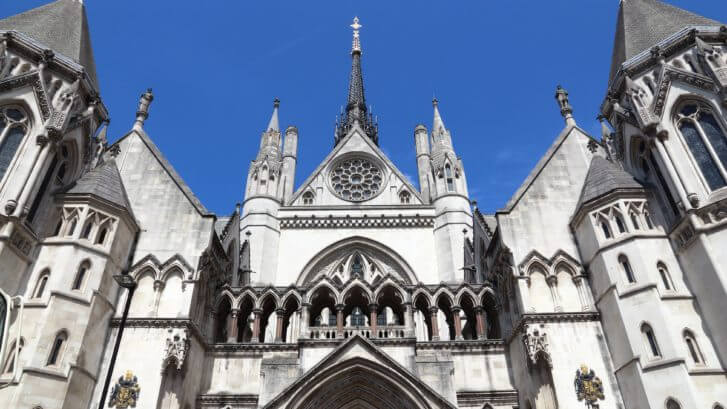John Binns and Ami Amin discuss details about the first Unexplained Wealth Order (UWO) that have been made public following a hearing at the High Court recently.
Further details about the first Unexplained Wealth Order (UWO) have been made public following a hearing at the High Court in July this year. Whilst the anonymity of the recipient of the UWO has loosely been maintained, named only as “Mrs A”, certain distinguishing details have been exposed to the press. Mrs A has been described as the “fugitive wife of a fat cat banker who’s spent £16m in Harrods” and reference has been made to her husband, Mr A, currently serving a prison sentence overseas following a conviction for major fraud.
The UWO was made in respect of two properties with a value totally £22m and it is alleged that those properties were bought using tainted funds.
Thanks to provisions introduced by the Criminal Finance Act 2017, a UWO can be granted by the High Court at the request of an enforcement authority relating to specific property/assets. The recipient of a UWO is then required to provide a statement setting out the nature and extent of their interest in the relevant property/assets explaining how they were legitimately obtained. In the absence of a satisfactory statement and without a reasonable excuse for not providing such a statement, the property/assets will be presumed to be recoverable for the purposes of civil recovery proceedings under Part 5 of the Proceeds of Crime Act 2002.
In Mrs A’s case, it appears as though there may well be a reasonable excuse for not being able to explain the legitimacy of the funds used to acquire the properties. Mrs A’s defence barrister, James Lewis QC, told the press that Mrs A’s husband Mr A, was a “fat cat international banker” (and by implication, a very wealthy man) who is currently in prison. As a result, it is suggested that the NCA would have to wait for Mr A to be released before any proceedings to recover property can take place, given that he would be a key witness in explaining the source of funds used to obtain the £22m properties. Therefore, Mrs A may be able to rely on Mr A’s absence and inability to give evidence at a hearing as the reasonable excuse for not being able to explain the legitimacy of the funds used to acquire the £22m properties.
Whether or not the absence of key witnesses will hold weight as a reasonable excuse in civil recovery proceedings remains to be seen. However, one would assume that, in seeking to defend oneself in civil recovery proceedings in the High Court, the availability of witnesses would be a key feature of any evidence presented.
Authors:
John Binns is a partner at BCL, specialising in business crime and proceeds of crime. Most of his cases involve an international element, and he has advised clients on appeals to the CJEU in the context of international corruption allegations and targeted financial sanctions.
Ami Amin is a Chartered Legal Executive at BCL, covering both business crime and extradition. She is an experienced litigator, having represented professionals facing disciplinary proceedings as well as investigating complex cases of sexual misconduct, fraud and dishonesty on behalf of regulatory bodies.

